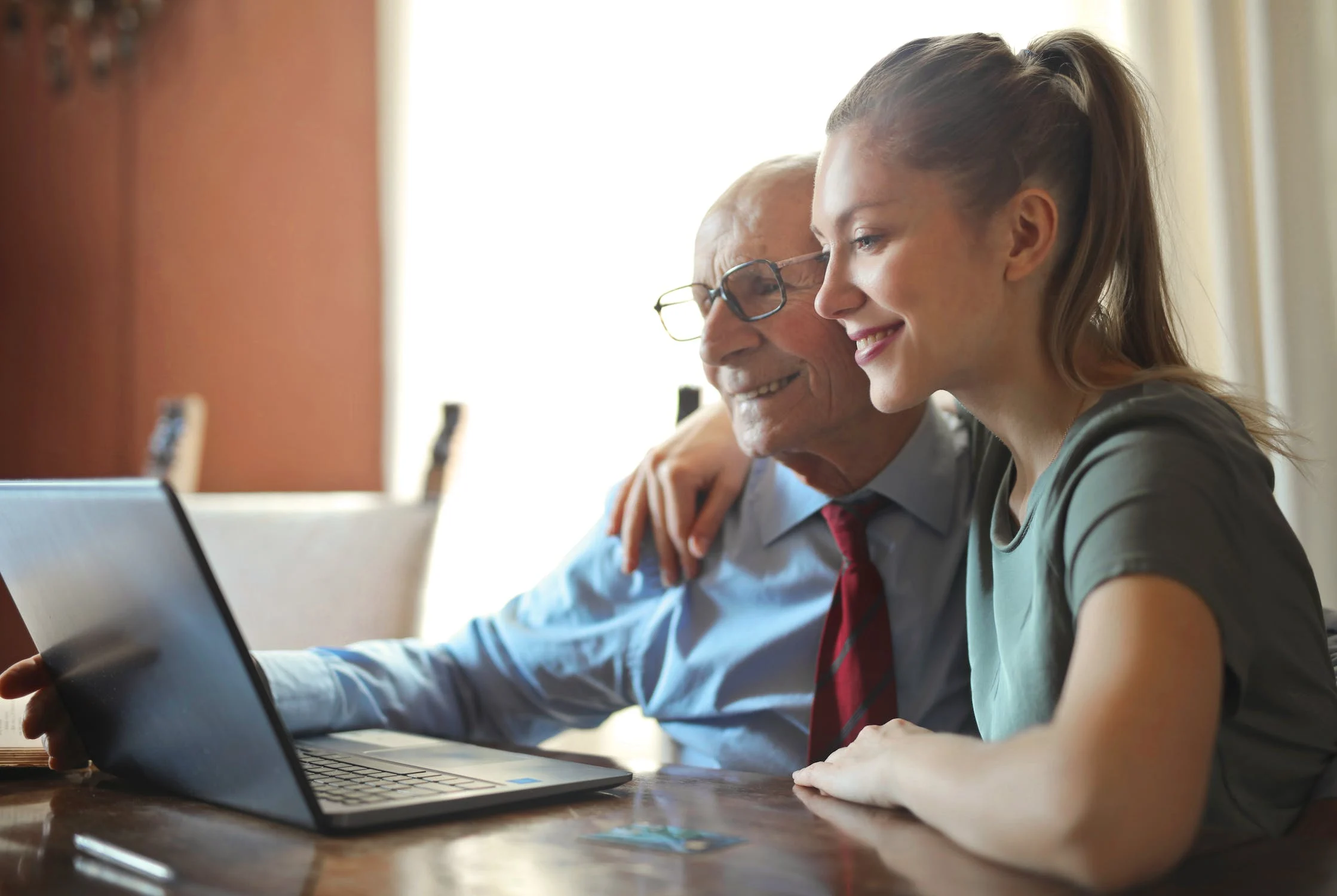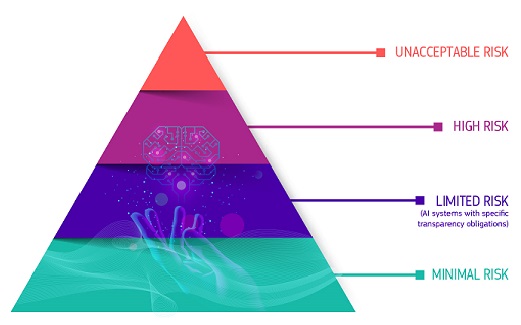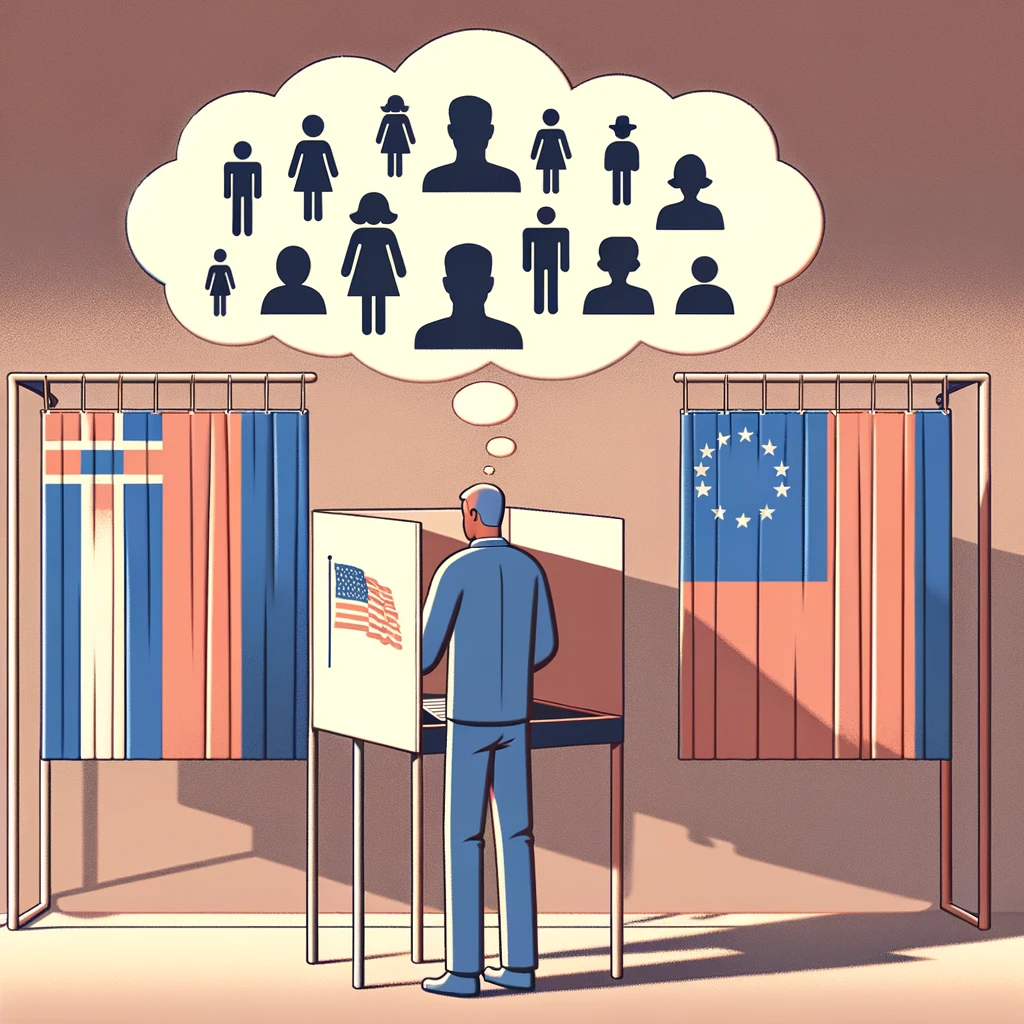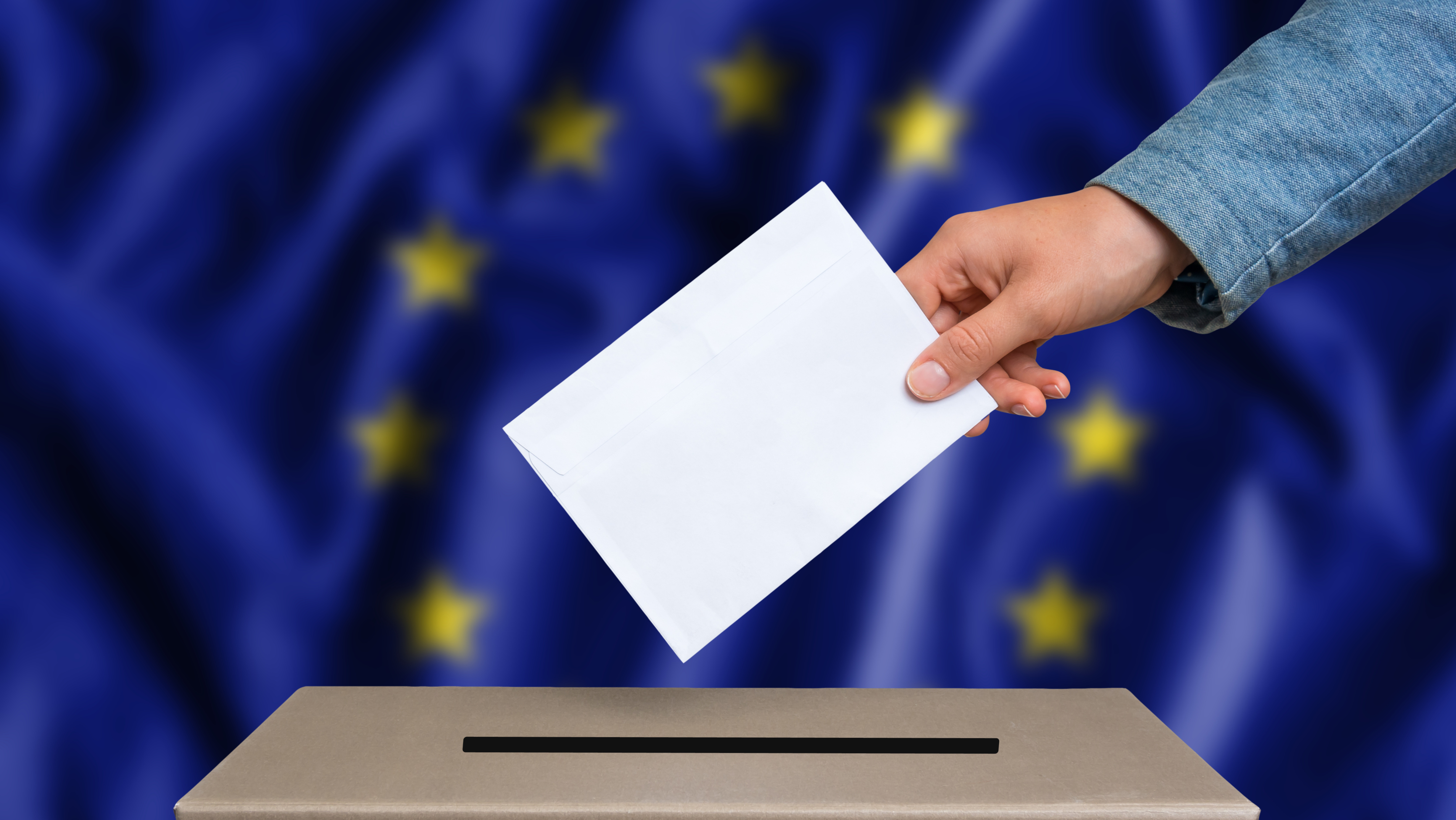Media Literacy Training for Seniors to Fight Fake News

The European Commission defines disinformation as “false or misleading content that is spread with an intention to deceive or secure economic or political gain,” whereas misinformation refers to the same kind of content shared without harmful intention, regardless of its consequences. Disinformation is commonly referred to as ‘fake news,’ and it seriously threatens the credibility of information sources and causes public harm on many layers. Media literacy training functions as a strong instrument used to combat the spread of false information by empowering citizens to fight fake news. While typically targeted at younger generations within an educational setting, older individuals should also be encouraged to participate and benefit from it.
In their article, “Using Media Literacy to Fight Digital Fake News in Later Life: A Mission Impossible?”, Eugène Loos from Utrecht University and Loredana Ivan from the National University of Political Studies and Public Administration in Bucharest, ask whether there are appropriate institutions to provide seniors with media literacy training and elaborate on the probability of increasing older individuals’ digital resilience by coming up with the following questions and propounding the relevant outcomes:
1. To what extent are older people vulnerable to fake news?
Multiple empirical studies indicate that young individuals of several ages and educational levels, spanning from primary to university education, are susceptible to various forms of misinformation and fake news. However, these studies also suggest that media literacy training, involving the use of tools such as certain fact-checking techniques and games, can definitely contribute to enhancing young people’s competencies in the domain. On the other hand, unlike the extensive studies on young people, there is only a few empirical research concerning the vulnerability of older individuals to fake news. The available studies demonstrate that the elderly population is also liable to encounter and consume disinformation, similar to the youth. While it remains uncertain whether their susceptibility surpasses that of younger generations, it can be reasonably inferred that they are susceptible to such fake news to some degree.
2. To what extent are older people able to learn to become digitally resilient?
Just like young people, elderly individuals also possess the capacity to acquire digital skills, depending on their individual differences. Therefore, employing media literacy training can amplify their digital resilience, equipping them with the ability to better discern fake news from the real ones. In order to boost their digital resilience, it is crucial for trainers to consider the diversity within the age groups, assess each individual’s digital proficiencies across a spectrum of digital capabilities, and remember that “it is never too late for ‘third-agers’ to learn, as they experience little (self-) ageism or barriers to learning” (Van Kampen et al. qtd in Loos and Ivan 244).
Finally, in their paper, Loos and Ivan ask, ‘What institutions could play a role in providing media literacy training that is specifically tailored for older people?’ and provide their readers with several examples of organisations. They also present some implications for future research in the field. If you want to read more details about the topic or take a look at the reference list, you can access the full version of the article down below.
References:
Loos, Eugène, and Loredana Ivan. “Using Media Literacy to Fight Digital Fake News in Later Life: A Mission Impossible?” Lecture Notes in Computer Science, vol. 14042, 2023, pp. 233-47. Springer Link, https://doi.org/10.1007/978-3-031-34866-2_18.
“Shaping Europe’s digital future: Tackling online disinformation.” European Commission. https://digital-strategy.ec.europa.eu/en/policies/online-disinformation.
_
Article Image Source: Pexels/Andrea Piacquadio
Media Literacy Training for Seniors to Fight Fake News

The European Commission defines disinformation as “false or misleading content that is spread with an intention to deceive or secure economic or political gain,” whereas misinformation refers to the same kind of content shared without harmful intention, regardless of its consequences. Disinformation is commonly referred to as ‘fake news,’ and it seriously threatens the credibility of information sources and causes public harm on many layers. Media literacy training functions as a strong instrument used to combat the spread of false information by empowering citizens to fight fake news. While typically targeted at younger generations within an educational setting, older individuals should also be encouraged to participate and benefit from it.
In their article, “Using Media Literacy to Fight Digital Fake News in Later Life: A Mission Impossible?”, Eugène Loos from Utrecht University and Loredana Ivan from the National University of Political Studies and Public Administration in Bucharest, ask whether there are appropriate institutions to provide seniors with media literacy training and elaborate on the probability of increasing older individuals’ digital resilience by coming up with the following questions and propounding the relevant outcomes:
1. To what extent are older people vulnerable to fake news?
Multiple empirical studies indicate that young individuals of several ages and educational levels, spanning from primary to university education, are susceptible to various forms of misinformation and fake news. However, these studies also suggest that media literacy training, involving the use of tools such as certain fact-checking techniques and games, can definitely contribute to enhancing young people’s competencies in the domain. On the other hand, unlike the extensive studies on young people, there is only a few empirical research concerning the vulnerability of older individuals to fake news. The available studies demonstrate that the elderly population is also liable to encounter and consume disinformation, similar to the youth. While it remains uncertain whether their susceptibility surpasses that of younger generations, it can be reasonably inferred that they are susceptible to such fake news to some degree.
2. To what extent are older people able to learn to become digitally resilient?
Just like young people, elderly individuals also possess the capacity to acquire digital skills, depending on their individual differences. Therefore, employing media literacy training can amplify their digital resilience, equipping them with the ability to better discern fake news from the real ones. In order to boost their digital resilience, it is crucial for trainers to consider the diversity within the age groups, assess each individual’s digital proficiencies across a spectrum of digital capabilities, and remember that “it is never too late for ‘third-agers’ to learn, as they experience little (self-) ageism or barriers to learning” (Van Kampen et al. qtd in Loos and Ivan 244).
Finally, in their paper, Loos and Ivan ask, ‘What institutions could play a role in providing media literacy training that is specifically tailored for older people?’ and provide their readers with several examples of organisations. They also present some implications for future research in the field. If you want to read more details about the topic or take a look at the reference list, you can access the full version of the article down below.
References:
Loos, Eugène, and Loredana Ivan. “Using Media Literacy to Fight Digital Fake News in Later Life: A Mission Impossible?” Lecture Notes in Computer Science, vol. 14042, 2023, pp. 233-47. Springer Link, https://doi.org/10.1007/978-3-031-34866-2_18.
“Shaping Europe’s digital future: Tackling online disinformation.” European Commission. https://digital-strategy.ec.europa.eu/en/policies/online-disinformation.
_
Article Image Source: Pexels/Andrea Piacquadio
Media Literacy Training for Seniors to Fight Fake News

The European Commission defines disinformation as “false or misleading content that is spread with an intention to deceive or secure economic or political gain,” whereas misinformation refers to the same kind of content shared without harmful intention, regardless of its consequences. Disinformation is commonly referred to as ‘fake news,’ and it seriously threatens the credibility of information sources and causes public harm on many layers. Media literacy training functions as a strong instrument used to combat the spread of false information by empowering citizens to fight fake news. While typically targeted at younger generations within an educational setting, older individuals should also be encouraged to participate and benefit from it.
In their article, “Using Media Literacy to Fight Digital Fake News in Later Life: A Mission Impossible?”, Eugène Loos from Utrecht University and Loredana Ivan from the National University of Political Studies and Public Administration in Bucharest, ask whether there are appropriate institutions to provide seniors with media literacy training and elaborate on the probability of increasing older individuals’ digital resilience by coming up with the following questions and propounding the relevant outcomes:
1. To what extent are older people vulnerable to fake news?
Multiple empirical studies indicate that young individuals of several ages and educational levels, spanning from primary to university education, are susceptible to various forms of misinformation and fake news. However, these studies also suggest that media literacy training, involving the use of tools such as certain fact-checking techniques and games, can definitely contribute to enhancing young people’s competencies in the domain. On the other hand, unlike the extensive studies on young people, there is only a few empirical research concerning the vulnerability of older individuals to fake news. The available studies demonstrate that the elderly population is also liable to encounter and consume disinformation, similar to the youth. While it remains uncertain whether their susceptibility surpasses that of younger generations, it can be reasonably inferred that they are susceptible to such fake news to some degree.
2. To what extent are older people able to learn to become digitally resilient?
Just like young people, elderly individuals also possess the capacity to acquire digital skills, depending on their individual differences. Therefore, employing media literacy training can amplify their digital resilience, equipping them with the ability to better discern fake news from the real ones. In order to boost their digital resilience, it is crucial for trainers to consider the diversity within the age groups, assess each individual’s digital proficiencies across a spectrum of digital capabilities, and remember that “it is never too late for ‘third-agers’ to learn, as they experience little (self-) ageism or barriers to learning” (Van Kampen et al. qtd in Loos and Ivan 244).
Finally, in their paper, Loos and Ivan ask, ‘What institutions could play a role in providing media literacy training that is specifically tailored for older people?’ and provide their readers with several examples of organisations. They also present some implications for future research in the field. If you want to read more details about the topic or take a look at the reference list, you can access the full version of the article down below.
References:
Loos, Eugène, and Loredana Ivan. “Using Media Literacy to Fight Digital Fake News in Later Life: A Mission Impossible?” Lecture Notes in Computer Science, vol. 14042, 2023, pp. 233-47. Springer Link, https://doi.org/10.1007/978-3-031-34866-2_18.
“Shaping Europe’s digital future: Tackling online disinformation.” European Commission. https://digital-strategy.ec.europa.eu/en/policies/online-disinformation.
_
Article Image Source: Pexels/Andrea Piacquadio






















































































































































